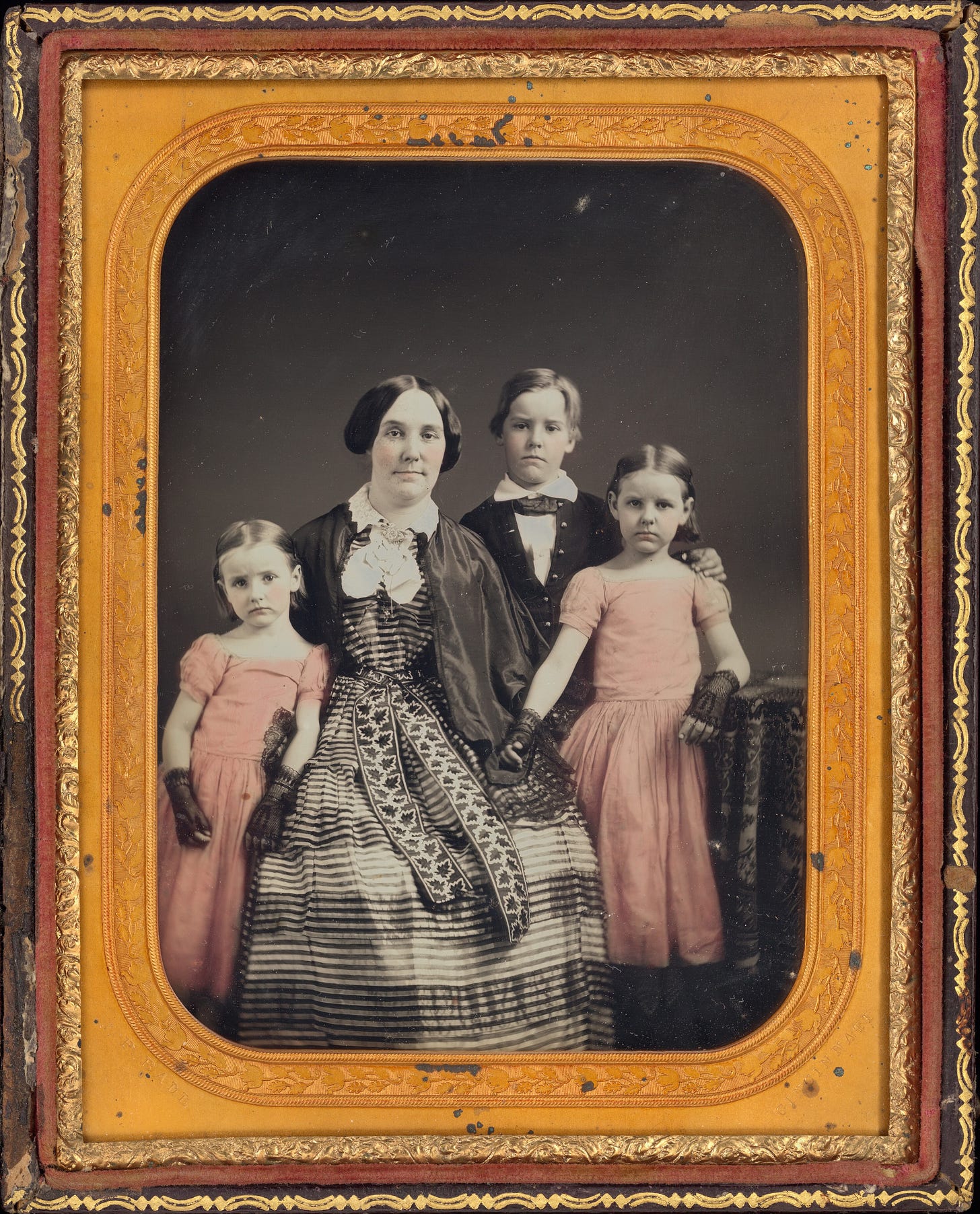
Last month at Coffee Creek Correctional Facility, a new writer came bounding into the workshop at the end of the session. She apologized for her tardiness; she hadn’t realized that she was on the call-out. I was struck by her stature, her confidence — not arrogant, not strutting — just a shoulders-back lope in her stride and an ease in her voice. Robin Thatcher had prepared a piece to share and jumped right in with Life Lessons. As soon as she started reading, everything clicked in my head. The confidence, the scale of this woman, Robin was Alaskan. In her piece, we are introduced to a person shaped by the inhospitable landscape of the frozen north and the equally harsh lessons of a father intending to forge his offspring from child into survivor: “…my dad was waiting for me on the porch to announce today was ‘Survival Training Day.’ He set the scene; I was lost in the wilderness in wintertime (which it was of course at about 25 degrees that day.) He told me I needed to get a fire started or I would not last the night. I only had one match.”
The pieces collected this week look in the rearview mirror at childhood minus the soft-filtered nostalgia we often find in popular culture. There is a steadiness as the writers hold up a lens to imperfect childhoods that contain the full spectrum of life experience. Imperfect parenting and trauma live alongside the joy and freedom of an unrolled window speeding down the highway. In Only Son, Jai writes of the feeling of exclusion in the backseat of a car, his father in the front seat: “There was no communication/ I was seven/ I remember/ Laughter and exclusion, on the way to Lyons.”
In Generational Struggle, R. Miranda explores what it meant for his father to raise his Native Mexican children in a white, middle class United States culture. “Now that I am older, I’m still learning a lot of those same childhood lessons, only this time I’m being taught by my (own) people. I’m learning that the same people my father spoke so highly of, and I always admired so much, are infected with that disease called prejudice.”
The refrain in Matt Reyes’s song Papa Son Son reenforces a core message passed down to him from his father, everything is gonna be alright. Underneath each struggle and worry of his childhood, and all the strife that comes with life, Matt has the tools to handle them:
Man, papa I miss you so much.
But now that I look back there was and
always will be worries, struggles, and strife.
But man, papa that didn't stop you
from showing me some of the best things in life.
I still remember that day when you,
me, and mama went down to the river,
and you said Son Son look at the bigger picture.
Our writers are sifting through these complicated memories from prison and in those memories they can find a level of self-acceptance. I read understanding from these writers; they embrace the contractions woven into our human stories. In Heraldry, Jacob Sopher writes: “Family is forgiveness. Those we love the most we end up hurting the most, to stick together we must learn to let go. To forgive is to choose to love despite the pain that was caused period to forgive is to practice radical acceptance which was defined by one as giving up all hope of a better past. To forgive your family is to accept them for the flawed human beings they are, who did the best they could by you.”
Our recollections are not static snapshots overstuffed in our brain’s filing system. Our memories are recalled and redrawn with a new hand each time we access them. In scouring past stories and memories, we touch them with different needs, sometimes with urgency to understand how we arrived at our current circumstance, And each time we recreate the picture it comes with different focus, new context. In seeking answers, we often find that we can extend forgiveness for ourselves and the people in our stories. | TDS

